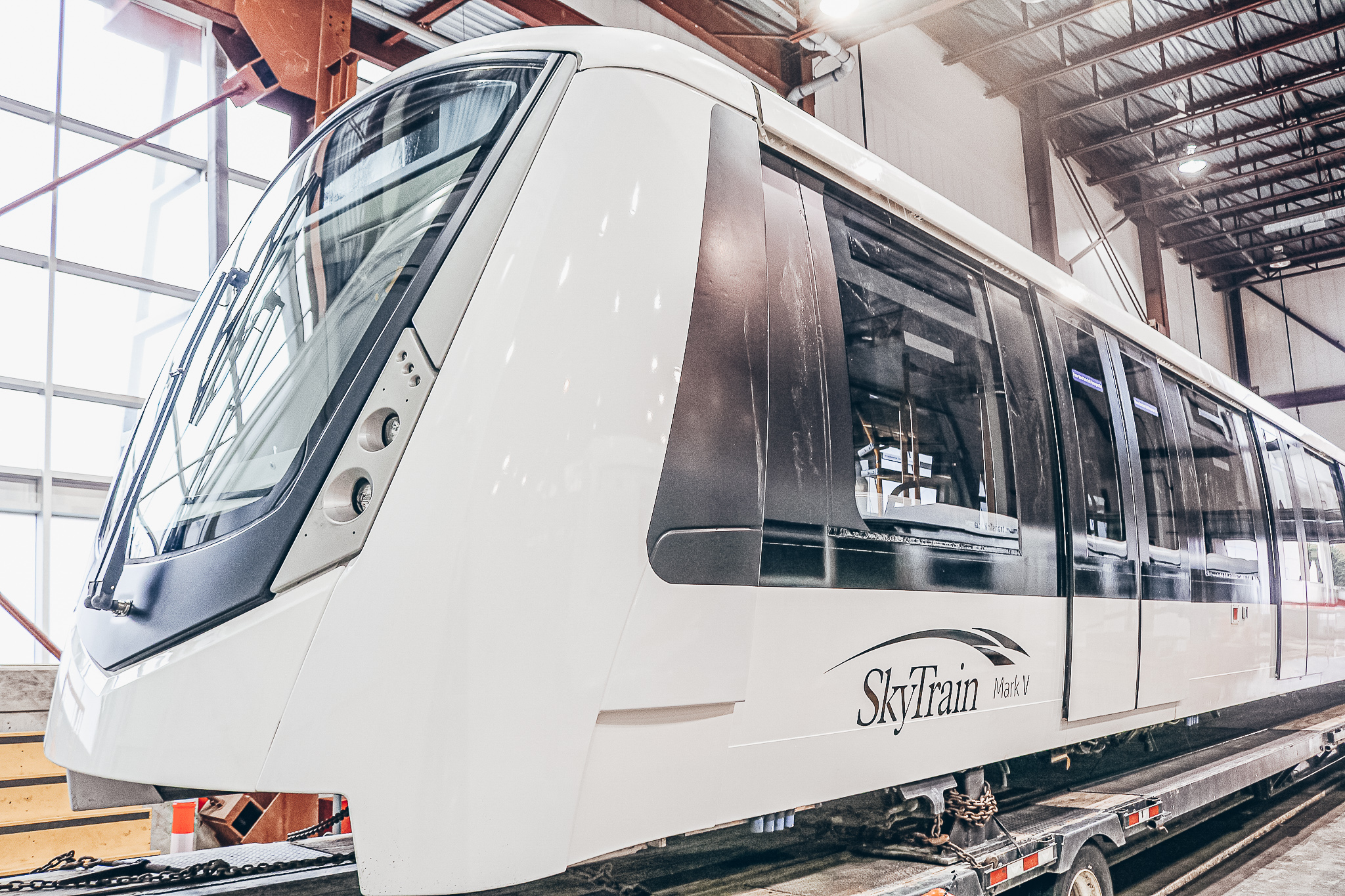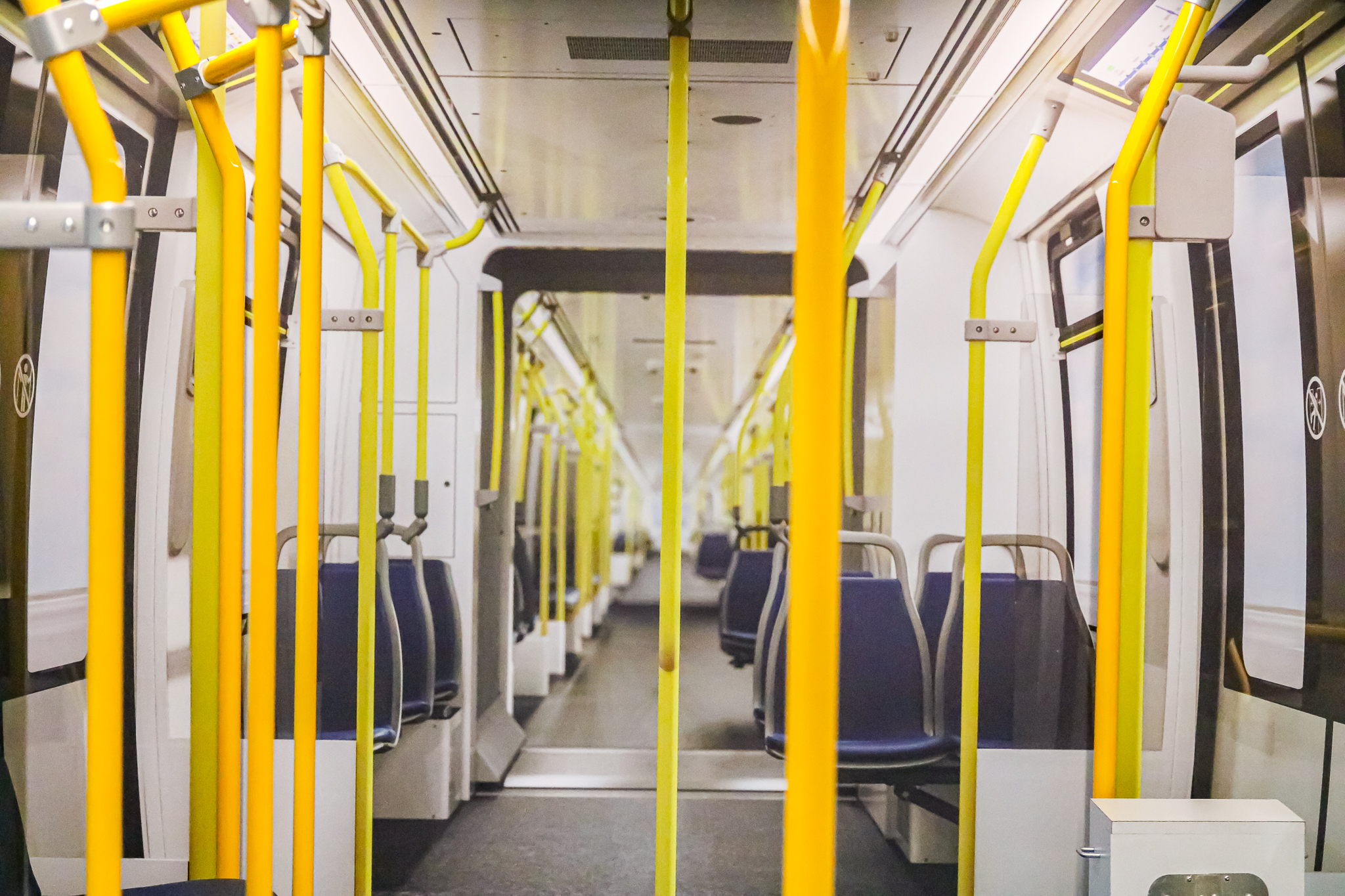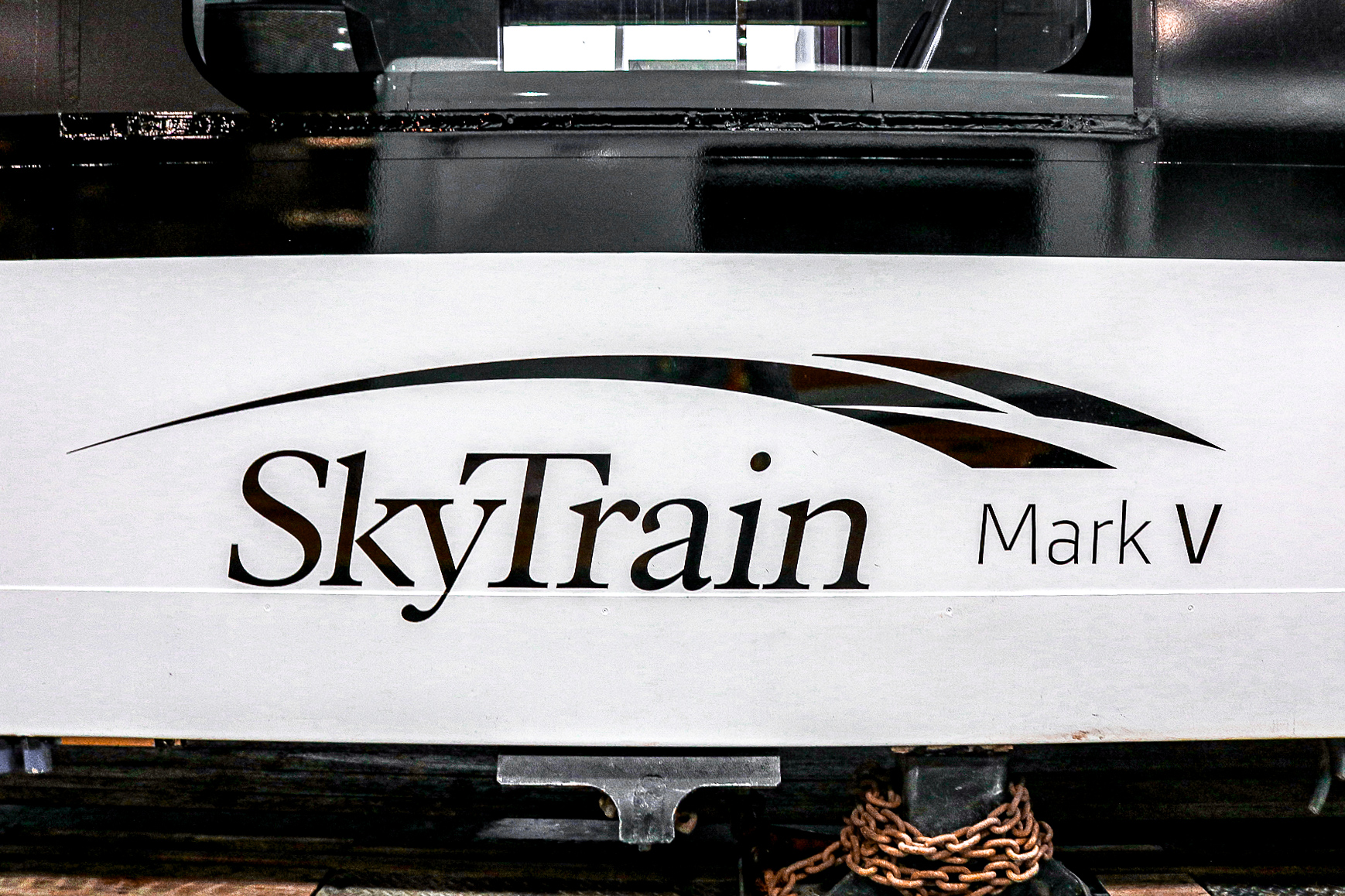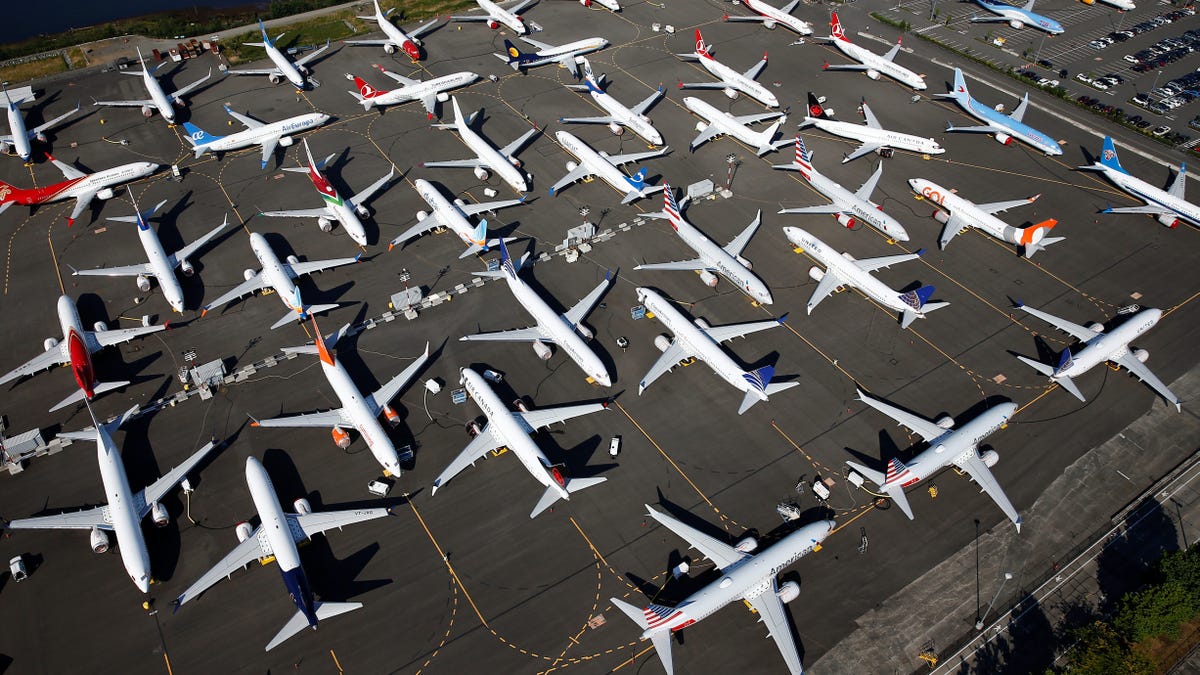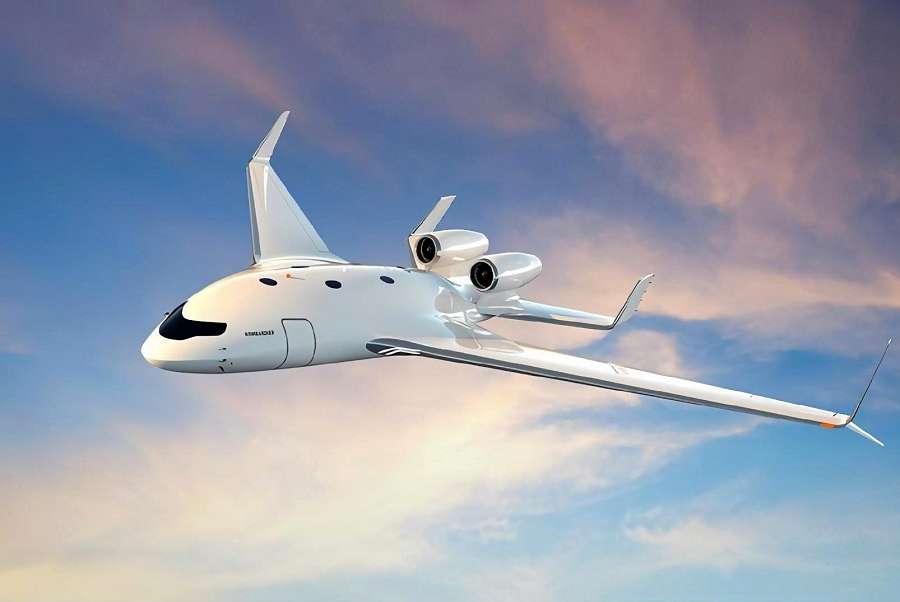Northern Light
Superstar
Bombardier previews new manufacturing centre project at Pearson airport
Nov 15, 2021
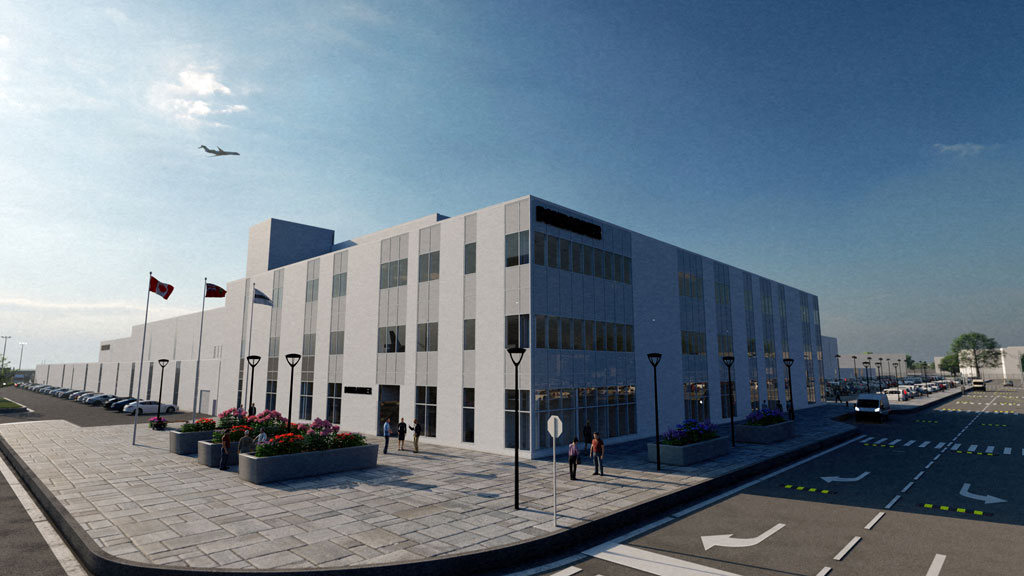
Bombardier previews new manufacturing centre project at Pearson airport - constructconnect.com - Daily Commercial News
MISSISSAUGA, ONT.—Bombardier recently provided a preview of construction of its new manufacturing centre at Toronto Pearson International Airport in Mississauga, Ont. where final assembly of its family of Global business jets, including the Global 7500 aicanada.constructconnect.com
View attachment 363075
I don't believe we have a thread for the above; perhaps we ought to........
In the meantime, there was an article published on this back in September, here:
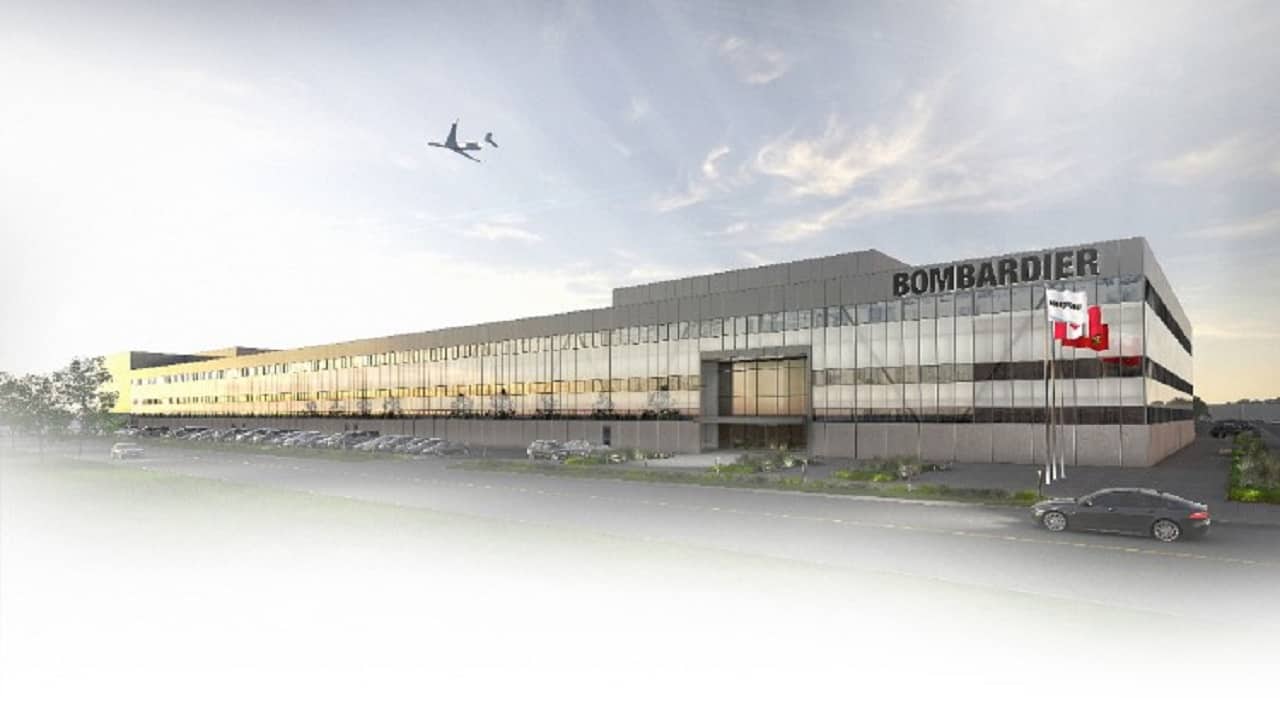
Huge jet manufacturing plant to create 3,000 jobs at Pearson Airport in Mississauga | INsauga
Construction of a one million-sq.-ft. business jet manufacturing plant at Mississauga’s Pearson Airport is on schedule to be completed in 2023. Despite the universal slowing effects of the COVID-19 pandemic, Bombardier’s “ultra-modern and high-tech” Global Manufacturing Centre is moving...
From the above article, we see this render:
And this construction shot:






